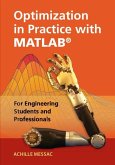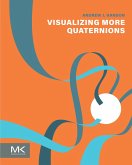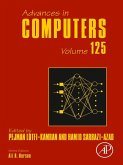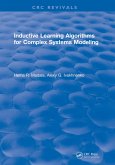¿Researchers from social sciences and economics consider trust a requirement for successful cooperation between people. It helps to judge the risk in situations, in which a person has the choice to rely on another one. In the future, technical systems will face similar situations. Assume, for example, self-organised robots, which reload some goods at a large logistics centre together. For this, they will need a mechanism like trust. This book gives the reader tools to understand trust and to introduce a trust mechnism into own applications. The tools include generic requirements for own trust mechanisms and the Enfident Model - a conceptual, implementation-independent model of trust. These theoretical tools are complemented with state-of-the-art algorithms from statistical relational learning. Finally, as an example, all this is applied to cooperating cognitive vehicles. As trust is a social phenomenon, this evaluation features a virtual society of vehicles, which cooperate in a vehicular network. It shows that the postulated requirements and the Enfident Model lead to intuitive and consistent results.
Dieser Download kann aus rechtlichen Gründen nur mit Rechnungsadresse in A, B, BG, CY, CZ, D, DK, EW, E, FIN, F, GR, HR, H, IRL, I, LT, L, LR, M, NL, PL, P, R, S, SLO, SK ausgeliefert werden.









